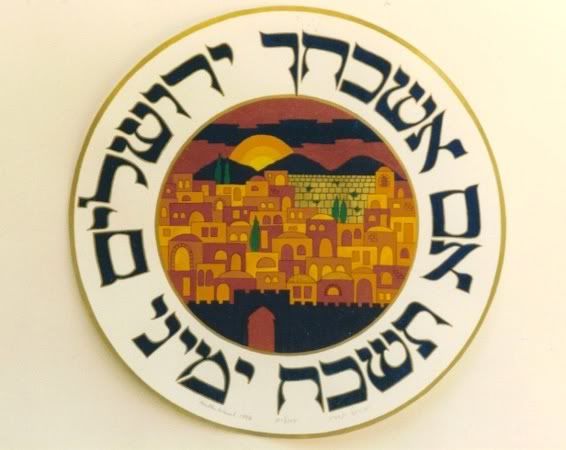"And the gold of that land is good" [Gen. 2:12].Why is the Torah suddenly interested in the quality of gold? Was this verse written for prospectors of rare metals?
The Midrash explains that the land referred to is Eretz Yisrael (the Land of Israel), and the precious commodity is none other than the Torah itself. The Midrash then declares,
"This teaches that there is no Torah like the Torah of the Land of Israel" [Bereishit Rabbah 16:4].This is a pretty remarkable statement. Is there really a different Torah in the Land of Israel? And in what way is it superior to the Torah outside of Israel?Details and General Principles
According to Rav Kook, the Torah of Eretz Yisrael is fundamentally different in its method and scope. The Torah of the Diaspora focuses on the details — specific laws and rules. The Torah of the Land of Israel, on the other hand, uses a more holistic approach. It connects those details with their governing moral principles.
This approach is particularly needed in our time of national renascence. We must reveal the truth and clarity of our Divine treasure. We must demonstrate the beauty and depth of practical mitzvot, by endowing them with the light of the mystical and philosophical side of the Torah. And the true depths and foundations of Torah can only be experienced in the Land of Israel.
Naomi is applying for scholarships to help us finance our move to Israel, one particular one asked why she'd rather study in Israel and not in the US. We had discussions about it and I could not explain myself to her. Much like a conversation I had with a woman waiting by the trempiada on the way to Gush Etzion at 3am. All I could say was unintelligible sentences about Torah feels different in Israel. I think this statement by Rav Kook (as Rav Morrison explains) explains exactly what I was feeling.

1 comment:
Do you find Rav Kook's description of how Torah is learned in Israel to be accurate?
Post a Comment